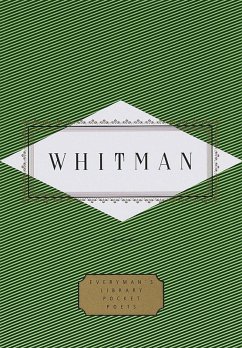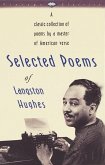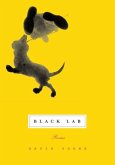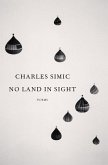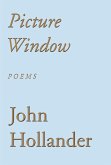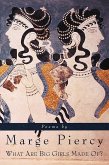The Everyman's Library Pocket Poets hardcover series is popular for its compact size and reasonable price which does not compromise content. Poems: Whitman contains forty-two of the American master's poems, including "Crossing Brooklyn Ferry," "Song of Myself," "I Hear America Singing," "Halcyon Days," and an index of first lines.
Dieser Download kann aus rechtlichen Gründen nur mit Rechnungsadresse in A, B, BG, CZ, D, DK, EW, E, FIN, F, GR, HR, H, I, LT, L, LR, NL, PL, P, R, S, SLO, SK ausgeliefert werden.

